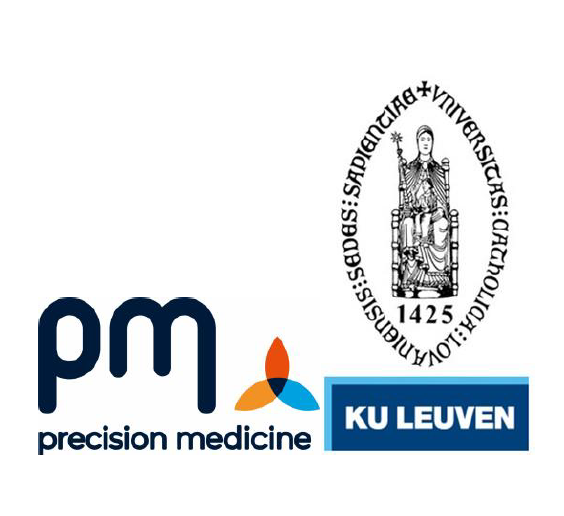PM received a grant for a common PhD with Leuven University (KULeuven) in the context of the “KU Leuven Global PhD Partnerships” on “Deep learning, radiomics and in silico testing with contrast enhanced mammography”
The titel of the grant is “Development of deep learning and radiomics techniques for contrast enhanced mammography: in silico testing with synthetic images to encompass less common cancer subtypes “.
Our ultimate goal is to develop and validate decision support for detection and characterization using the quantitative perfusion patterns uncovered by CEM.
The co-investigators are : Prof. Philippe Lambin’s team (co-PI): Cary Oberije, head of the virtual trial unit, Marc Lobbes, radiologist, D. Bram Ramaekers: senior researcher on health economics. and Hilde Bosmans’ team (co-PI): Prof. Nicholas Marshall, medical physicist, Prof. Chantal Van Ongeval, radiologists
Here a summary of the project:
The difficulty of detecting and/or characterizing less common breast cancer subtypes from medical images has long been recognized. The combination of advances in x-ray imaging and artificial intelligence (AI) open up new avenues for this problem. This project will build and validate a combined deep learning and handcrafted radiomics solution for contrast enhanced mammography (CEM). The new tool will offer decision support for detection and characterization using the quantitative perfusion patterns uncovered by CEM.
The large number of training images required is especially challenging for a new technique, where large clinical trials are absent. We hypothesize that data poverty can be overcome with the creation of an abundant amount of synthetic, virtual cases, including in particular difficult and less common cancer subtypes. This specific data enrichment technique of “In Silico Clinical Trials” will be built for current AI development and validation. In parallel, eReaders (or model observers) will be tuned to predict human performance with the same test sets. This will allow time efficient validation of AI development for several dedicated (virtual) test conditions and show where AI will have the largest impact (cost effectiveness). This may provide evidence for the role of CEM in the radiological work-up and increase cancer information content.
This project will benefit from the experience of Philippe Lambin’s team (AI in oncology) and Hilde Bosmans’ team (In Silico Clinical Trials with eReaders). Integration of both teams in the hospital guarantees realistic, real case situations. CEM cases are available at MUMC+ (dr. Marc Lobbes).


